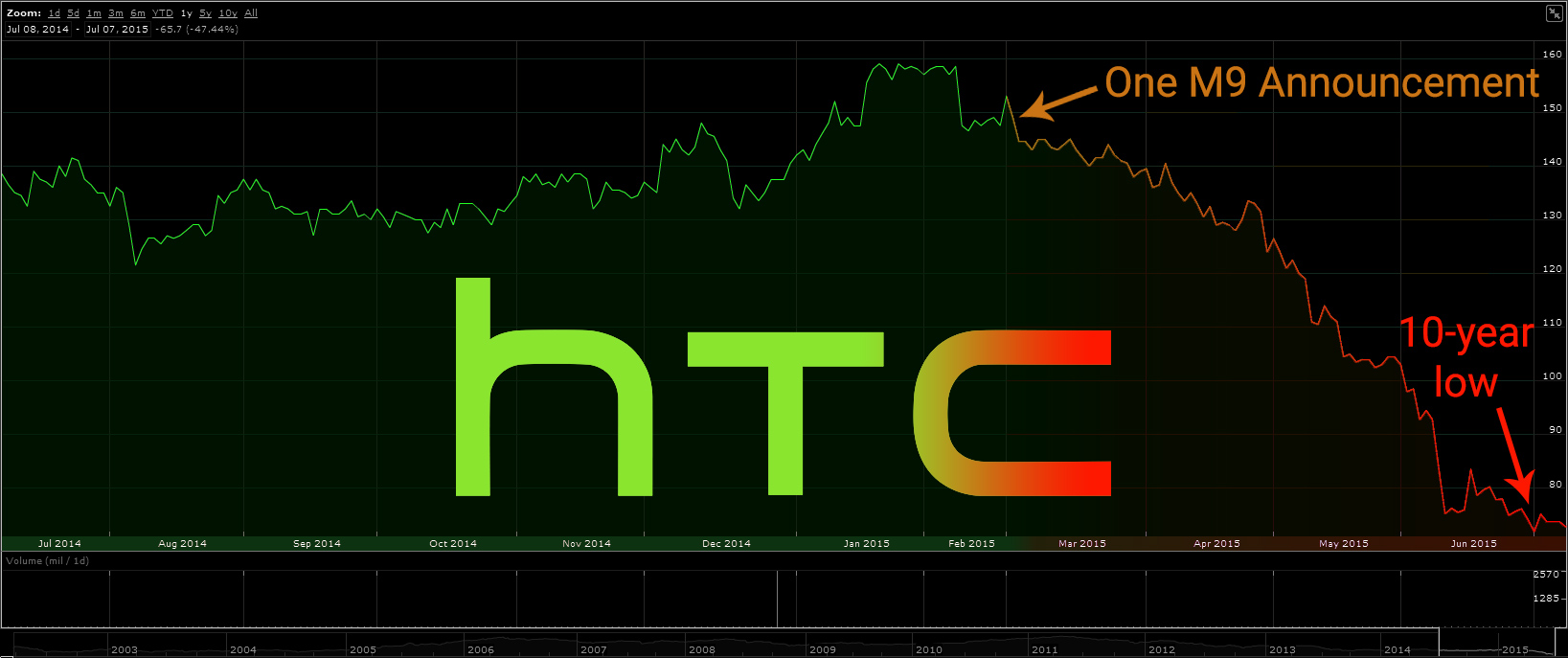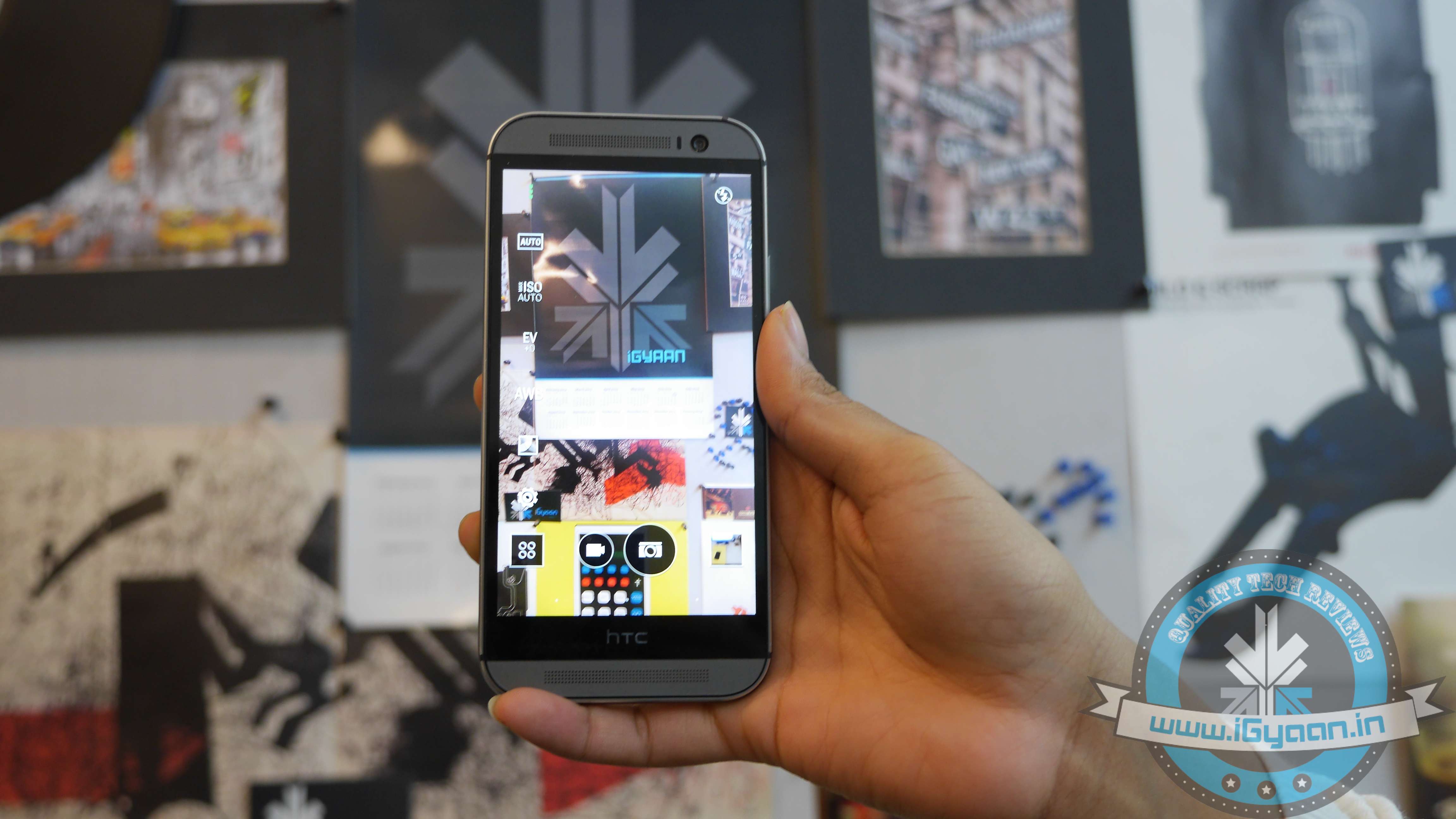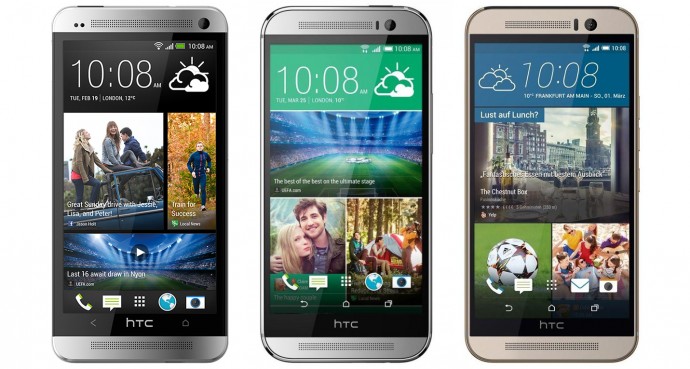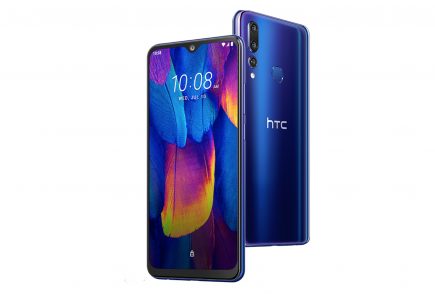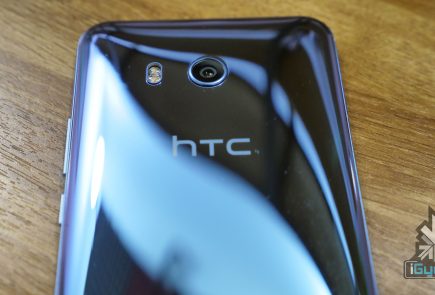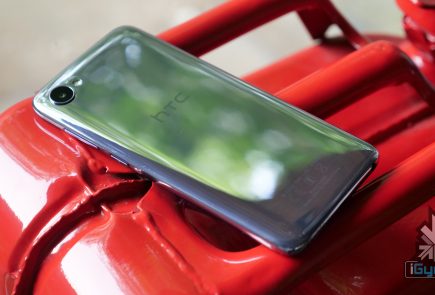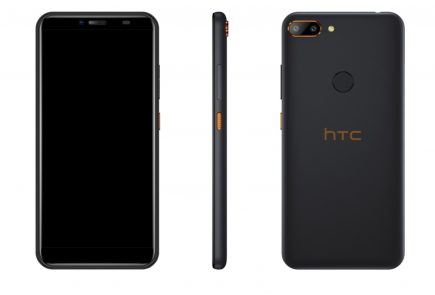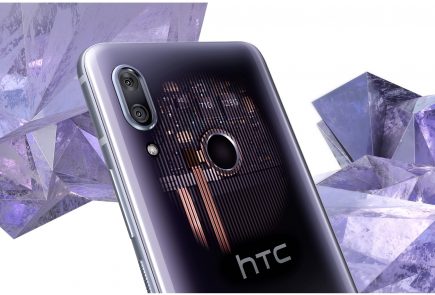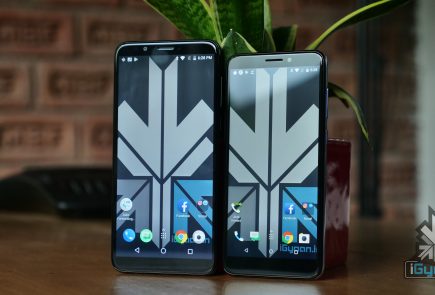Will HTC Survive?
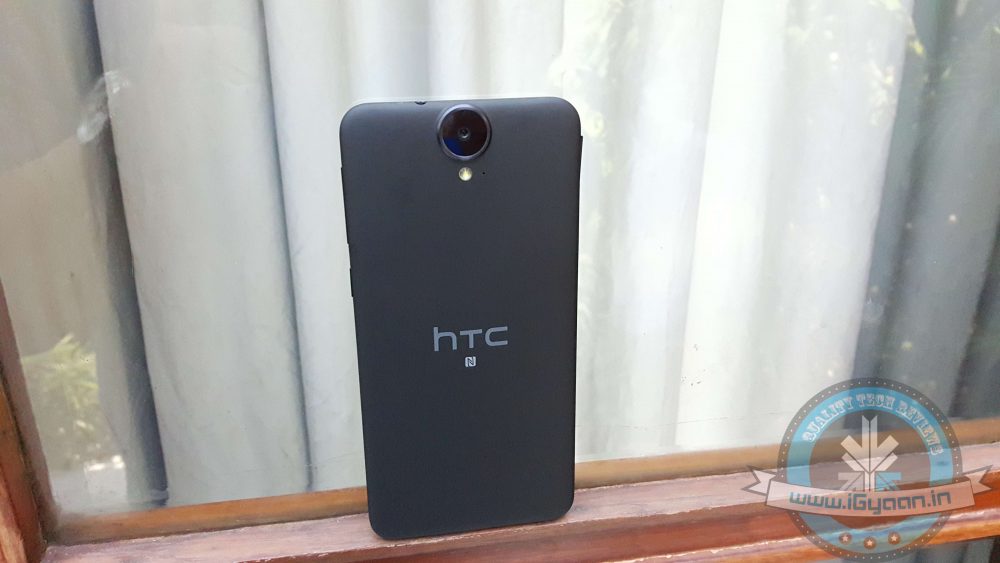
A few days ago, we did a story on how HTC ultimately become one of the biggest mobile phone manufacturers known for its design, OEM branded devices and its trademarked user interface in the world, all thanks to Cher Mi Wang, H T Cho and Peter Chou, who collectively established the company.
HTC, which stands for High Tech Computer, has been making smartphones longer than almost anyone. Years ago, it HTC was known for creating Windows Mobile devices that were rebranded by AT&T, O2 and other companies. But thanks to its early embrace of Android with the T-Mobile G1 and Google Nexus One, HTC has risen to stardom, becoming a brand of its own and holding its own against mobile industry veterans like Motorola and Samsung.
It seems 2015 has not really been a good year for HTC. HTC says their financial figures for its second quarter of 2015 lost 24 cents (or pence) for every dollar (or pound) of revenue it took. After four quarters of thin profits, the business just fell rolling off a cliff. In March, the company had a market cap of $4.06 billion, and today—only a few months later—it is worth less than half of that. The trend is downwards — year over year, HTC’s monthly revenue was down 38% in April, 48% in May, and 60% in June.
We can see in the graph that the HTC One M8 was the last peak of the HTC growth rate before starting to dwindle. The HTC One inspired an emotional connection, unusual in a generic market. The mobile won lots of phone-of-the-year awards. It joined a striking design to the smartest and most polished of all the leading user-interface skins. Surely, you would think this would turn into sales? It did, but only up to a point.
In the past few years, HTC chose to concentrate on the high-margin end of a cut-throat market, and outsourced manufacture of cheaper models to cut costs. Without an active portfolio, it couldn’t capitalize on any “halo effect” from all the rave reviews of the M8.
Also, the trademark design of the flagship didn’t change to the plastic E8 while the One Mini 2 married the One’s high-quality body and design to an underpowered engine. Neither screamed “buy me.”
Samsung “recovered” in 2015 because it had used years spending a vast amount of debt on marketing and advertising. HTC had underinvested in marketing and hardly made a few good advertisements. HTC never published sales numbers for the M9, but our guess is they were never good. Reports from the supply chain suggest that HTC could cut component orders for the M9 by 30 percent. One major US carrier even left out the M9 from its lineup due to “lackluster sales.” The M9 flagship is not the reason of all of HTC’s woes, but it’s a good indicator of the company’s problems. In its Q2 guidance revision, HTC accused its economic problems on “slower demand for high-end Android devices and weaker than forecast sales in China.” The only other high-profile device the company makes is the Nexus 9, which ended up being an overpriced tablet with inferior build quality.
So will HTC survive or manage a comeback? We will never know for sure, not up until something changes. However, things are not looking great for the Taiwanese brand at the moment.
















